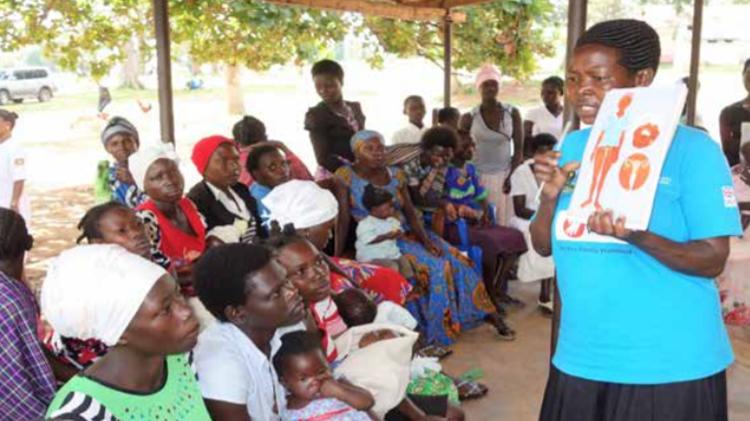
News
The paradigm shift for family planning in Uganda
May 14, 2020
In the News
Previous

Early estimates of the indirect effects of the COV...
Next

Lack of Family Planning Access Due to COVID-19 Cou...
Source: Africa Health
Topics:
Advocacy & Awareness
Roselline Achola looks at the lessons for frontline health workers
Ugandans view family planning (FP) in different ways. Some say it is an attempt to render women infertile. Some say it is intended to wipe out the entire population or as means for total ban of children by government and the international community. Some scholars have attempted to explain the concept but many people hesitate to believe them.
According to Uganda Ministry of Health (MoH, 2008), FP is a basic human right for an individual/couple to exercise control over their fertility, make informed decision on the number of children they want to have, when to have the frst and last pregnancy and the space between the pregnancies.
But despite this simple and straightforward defnition, to some people the meaning of FP still has different connotation. This has called for a reconsideration of the new name and logo for FP in Uganda, a rebranding that is still under consultation with different stakeholders.








